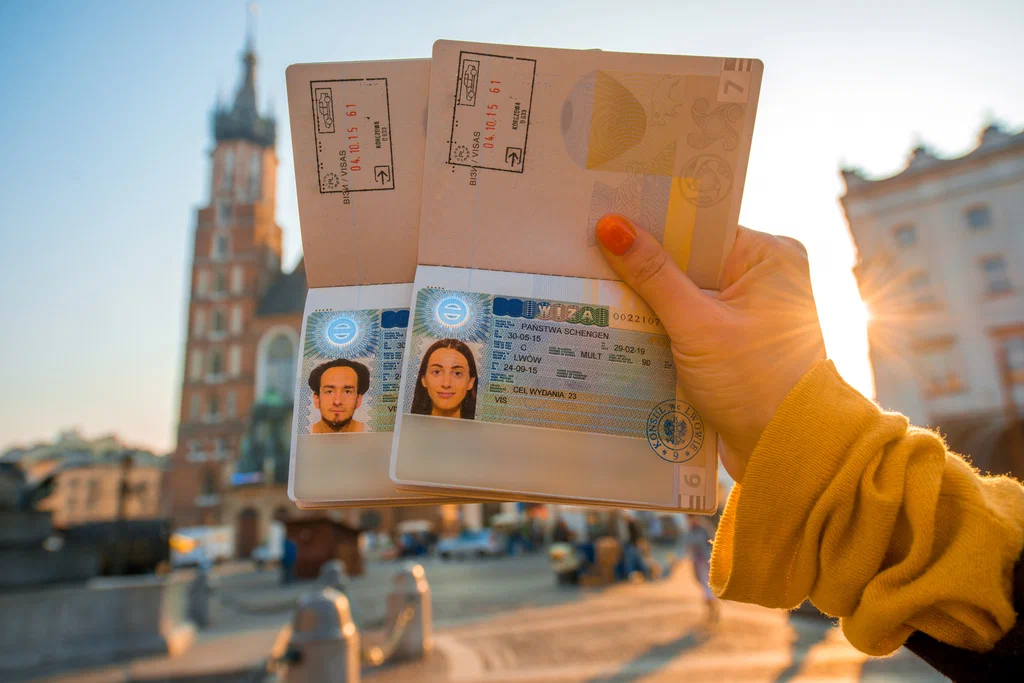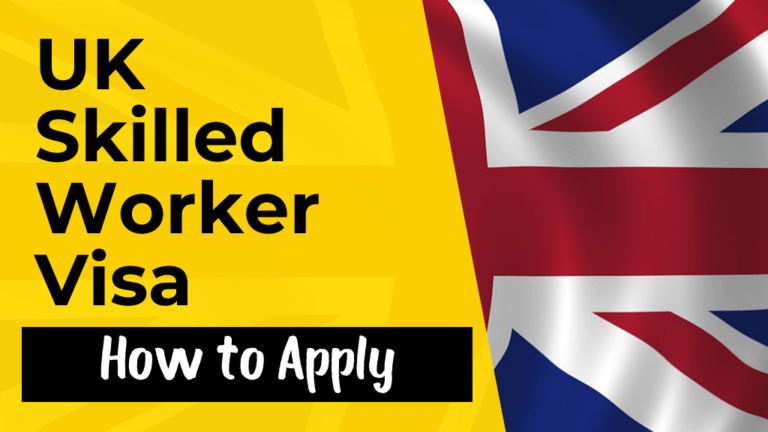European countries offer a variety of work visas tailored to different employment needs, durations, and applicant profiles. Understanding the types of European work visas is crucial for selecting the appropriate one that aligns with your career goals and qualifications.
Why Understanding Visa Types is Essential
Choosing the right visa type ensures compliance with immigration laws and maximizes your chances of approval. Each visa type has specific eligibility criteria, application procedures, and benefits. Below, we break down the most common types of European work visas to help you make an informed decision.
Common Types of European Work Visas
1. Skilled Worker Visa
The skilled worker visa is designed for professionals with expertise in high-demand fields such as IT, healthcare, engineering, and education.
| Feature | Details |
|---|---|
| Purpose | Employment in high-skill industries |
| Duration | 1-5 years (renewable) |
| Examples of Countries | Germany, UK, Sweden |
| Eligibility | Job offer, relevant qualifications |
2. EU Blue Card
The EU Blue Card is a prestigious work visa for highly qualified non-EU nationals seeking to work in EU member states.
| Feature | Details |
| Purpose | High-paying, specialized jobs |
| Duration | 1-4 years (renewable) |
| Eligibility Criteria | Higher education degree, job contract |
| Popular Countries | Germany, Austria, France |
3. Seasonal Work Visa
Seasonal work visas cater to short-term employment in sectors like agriculture, tourism, and hospitality.
| Feature | Details |
| Purpose | Temporary jobs in specific seasons |
| Duration | 3-6 months |
| Examples of Countries | Spain, Italy, Portugal |
| Eligibility | Proof of job offer, sufficient funds |
4. Intra-Company Transfer Visa
This visa is tailored for employees relocating within their company’s branches across countries.
| Feature | Details |
| Purpose | Internal company transfers |
| Duration | Varies (often tied to contract duration) |
| Examples of Countries | UK, Netherlands, France |
| Eligibility | Employment with sponsoring company |
5. Self-Employment Visa
Freelancers and entrepreneurs can opt for this visa to work independently in European countries.
| Feature | Details |
| Purpose | Freelance work or entrepreneurial ventures |
| Duration | 1-3 years (renewable) |
| Examples of Countries | Portugal, Germany, Italy |
| Eligibility | Business plan, financial proof |
6. Startup Visa
Startup visas support innovators and entrepreneurs launching new businesses in Europe.
| Feature | Details |
| Purpose | Establishing innovative startups |
| Duration | 1-2 years (renewable) |
| Examples of Countries | Estonia, France, Netherlands |
| Eligibility | Scalable business plan, funds |
Country-Specific Work Visas
1. Germany
- Visa Type: Skilled Worker Visa, EU Blue Card
- Key Features: Germany’s job market is robust for healthcare professionals, IT specialists, and engineers.
- Eligibility: Requires proof of qualifications and a valid job offer.
2. United Kingdom
- Visa Type: Skilled Worker Visa, Global Talent Visa
- Key Features: The UK offers post-Brexit work opportunities for professionals in STEM, healthcare, and academia.
- Eligibility: Points-based assessment, job sponsorship required.
3. France
- Visa Type: Talent Passport, EU Blue Card
- Key Features: France supports long-term residency pathways for highly skilled workers.
- Eligibility: Recognized qualifications and high-paying job offers.
4. Portugal
- Visa Type: D7 Visa, Self-Employment Visa
- Key Features: Ideal for remote workers and freelancers.
- Eligibility: Proof of financial means, remote income.
5. Sweden
- Visa Type: Work Permit
- Key Features: Sweden is known for its IT and engineering opportunities.
- Eligibility: Employer sponsorship, sufficient salary.
Key Documents Required for European Work Visas
| Document | Description |
| Valid Passport | Must have validity for the duration of stay |
| Employment Contract | Signed agreement with an employer |
| Proof of Qualifications | Diplomas, certifications |
| Health Insurance | Comprehensive coverage for the stay |
| Financial Proof | Bank statements, proof of funds |
Steps to Determine the Right Work Visa
- Evaluate Your Career Goals: Define your employment type (skilled, freelance, seasonal, etc.).
- Research Country-Specific Options: Understand the visa categories and requirements for your destination.
- Consult Official Resources: Visit immigration websites or consult a travel expert.
- Prepare Documentation: Gather all required documents before starting your application.
- Submit Application: Follow country-specific procedures for timely processing.
Benefits of Choosing the Right Work Visa
- Legal Authorization: Work and reside legally in your chosen country.
- Access to Social Services: Healthcare, social security, and other employee benefits.
- Career Advancement: Exposure to global markets and advanced industries.
- Pathway to Residency: Some visas offer long-term residency and citizenship opportunities.
Tips for a Successful Application
- Start Early: Visa processing times vary; begin your application process well in advance.
- Seek Professional Advice: Consulting with immigration experts or travel agents can enhance your application’s accuracy.
- Double-Check Documentation: Missing or incomplete documents can lead to delays or rejections.
- Maintain Communication: Stay updated on your application’s status through the embassy or consulate.







